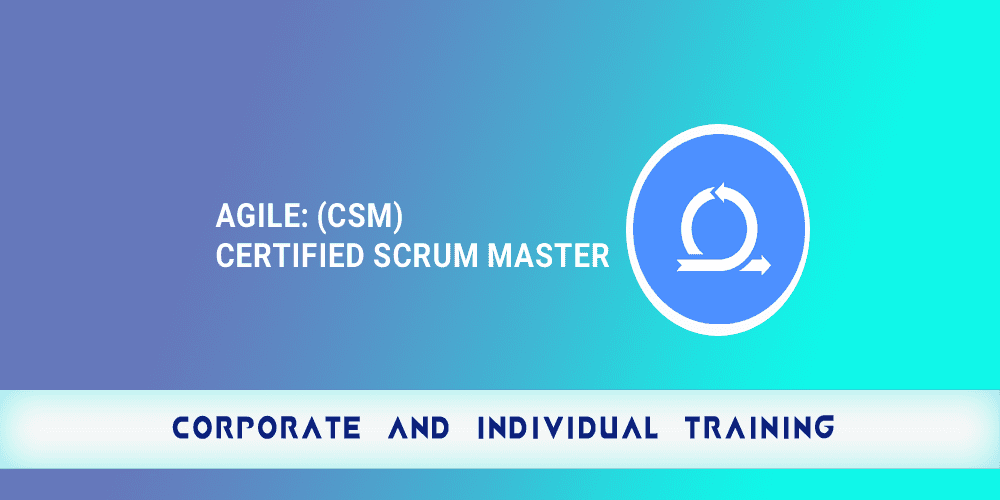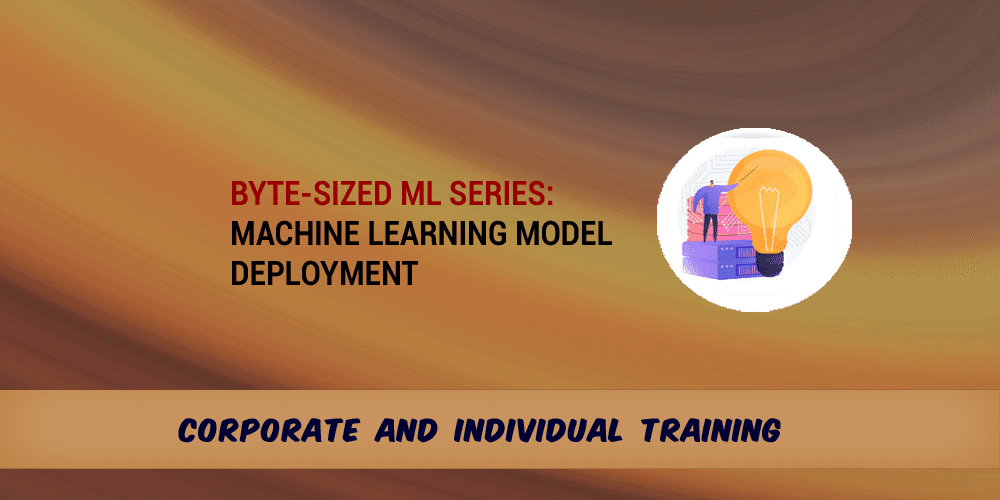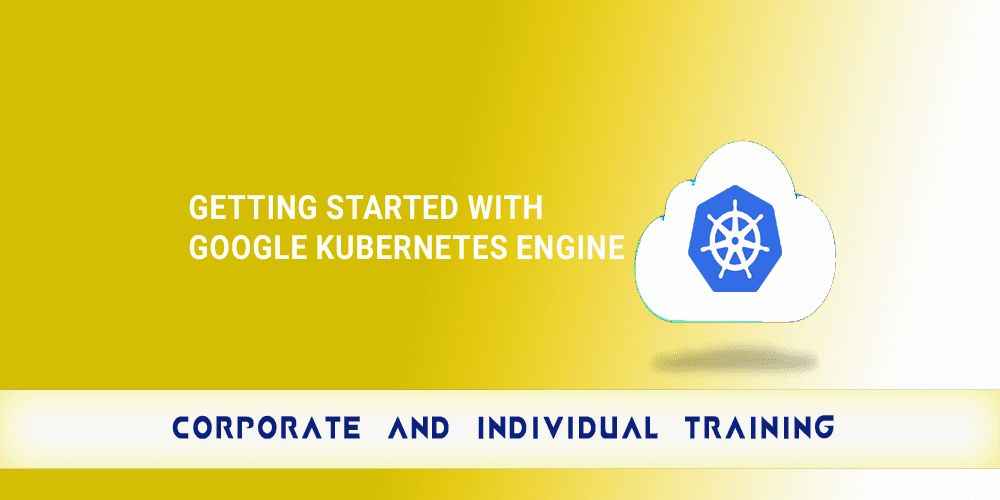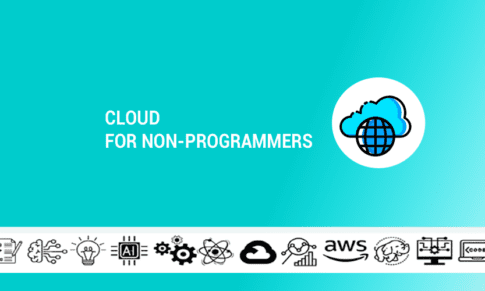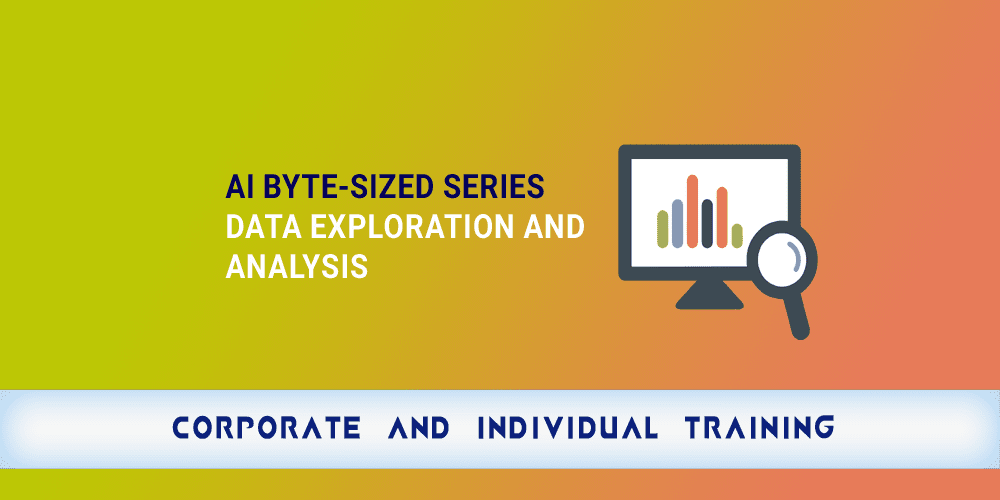- Overview
- Prerequisites
- Audience
- Curriculum
Description:
Drools is an open-source Business Rules Management Software (BRMS) written in Java that provides users with a variety of features like Business Rule Engine, Web authoring, Rules Management Application, and runtime support for Decision Model and Notation models. It uses advanced implementation system of rete pattern matching algorithm. The Drools tool helps you to separate and reason over logic and data found in business processes. It supports forward and backward chaining inference-based drools rules engine.
Course Code/Duration:
BDT191 / 3 Days
Learning Objectives:
After this course, you will be able to:
- What is Drools?
- What is Rule and Rule Engine?
- Understanding of all important components in Drools.
- Architecture of Drools.
- Eclipse Drools Plugin.
- Write your first Drools code with real time use case.
- Stateful Vs Stateless sessions.
- Drools Language Syntax.
- Basic Java Programming.
- standard way.
- Any language programmer, useful for all those readers who wish to define rules in their applications to integrate business logic in a
Course Outline:
Basic
- What is Rule Based Engine?
- Advantage of Rule Engine.
- When not to use rule engine?
- What is Drools ?
- Major component of Drools
Hands on
- Environment setup
- First Drool program
- Creating Drools project with Eclipse Plugin
- Creating Rule Based Maven Project from scratch
Drools Rule
- Rules basic structure
- Rules Writing
- ules Syntax
- Left Hand Side (When) syntax
- The Right Hand side (then)
- Declarative approach
- Imperative versus Declarative implementation
- Rules execution chaining
- Atomicity of rules
- Ordering of rules
- Rule execution life cycle
- Complex Rule and multiple Rule
- Timers and Calendars
Hands on
- Defining our rules and facts
- Translating rules into Drools Rule Language
- Selecting proper facts
- Basic operations and Drools specific operators
- Basic accumulate functions (sum, max, etc.. ) Intermediate calculations
- Inserting new facts
- Ordering rules
- Backward chaining
- Working with facts
- Manipulating facts in code
- Manipulating facts in rules
Drools Runtime
- KieModel and KieContainer
- KieModel configuration (KieBases, KieSession and statelesee KieSession) Stateless Knowledge Session
- Stateful knowledge Session
Improving Rule Syntax
- Modifying the data in the working memory
- The insert keyword
- The modify and update keywords
- The delete/retract keywords
- Rule Attributes
- Controlling which rule will execute
- Splitting rule groups with agenda group
- Other type of rule groups
Rule dates management - Special Drools operations
- Boolean and numeric operations
- Regex operations
Collections (contains, memberOf)
Understanding KIE Session in details
- Stateless and stateful Kie Session
- Kie Runtime components
- Globals
- Way to parameterize the condition of a pattern
- Way to improve new information into a session in LHS
- Way to collecton information from a session
- Kie Base components
- Functions
- Custom operators
- Custom accumulates functions
Hands on
- All above concepts
Training material provided:
Yes (Digital format)
The curriculum is empty
[INSERT_ELEMENTOR id="19900"]
